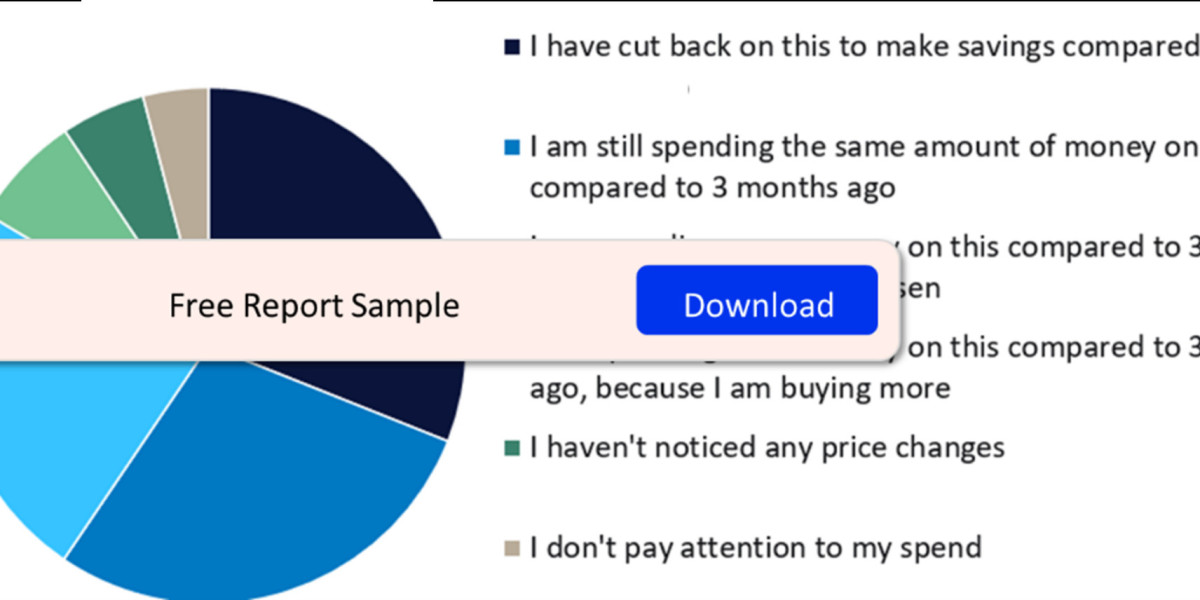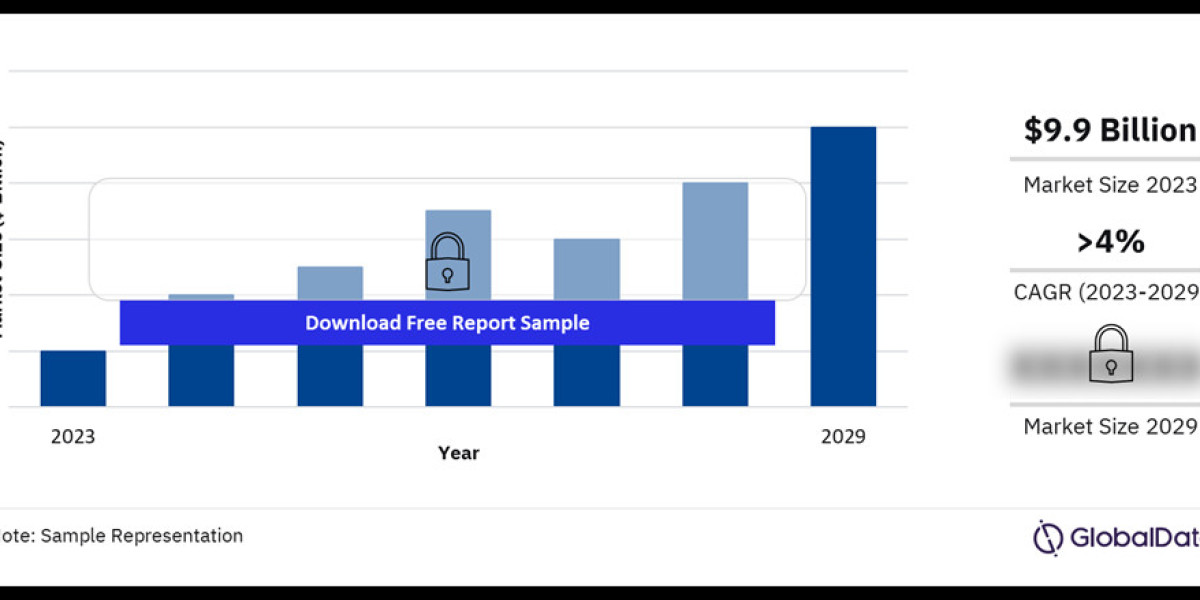The apparel market in 2024 is poised for dynamic change, fueled by innovation, sustainability, and evolving consumer preferences. With technology redefining shopping experiences and a growing emphasis on inclusivity, brands are reimagining fashion to cater to diverse and conscious audiences.
Current State of the Global Apparel Industry
The global apparel market continues to recover post-pandemic, with growth driven by:
- Digital Transformation: E-commerce now dominates, with virtual try-ons and AI-driven recommendations becoming standard.
- Consumer Awareness: Shoppers prioritize sustainability and ethical practices.
- Innovative Designs: A focus on functionality, style, and comfort is shaping new collections.
Sustainability in Fashion
Sustainability remains at the forefront of 2024 trends, influencing every stage of apparel production.
Rise of Eco-Friendly Materials
Brands are adopting materials like recycled polyester, organic cotton, and bioengineered fabrics, minimizing environmental impact while offering high-quality apparel.
Circular Fashion Movement
Resale platforms and upcycling initiatives are reshaping how consumers interact with clothing, emphasizing longevity over disposability.
Buy the Full Report for More Insights into the Trends in the Apparel Market
Role of Technology in Apparel
The intersection of fashion and technology is creating revolutionary shifts in the industry.
Smart Clothing and Wearables
From fitness trackers embedded in activewear to temperature-regulating fabrics, smart clothing is becoming more mainstream.
AI and Big Data
Brands use AI to predict trends, optimize inventory, and offer personalized shopping experiences, enhancing customer satisfaction while reducing waste.
Customization and Personalization
Modern consumers seek unique, tailored experiences. AI-driven tools allow shoppers to design custom pieces, from fit to style, empowering self-expression through fashion.
Gender-Fluid Fashion
The growing demand for gender inclusivity is reshaping traditional fashion norms. Leading brands are launching gender-neutral collections, celebrating diversity and fostering inclusivity.
Social Media’s Influence
Platforms like TikTok and Instagram dictate trends almost instantaneously. Viral challenges and influencer campaigns drive consumer interest, making social media an integral marketing tool for apparel brands.
The Rise of Slow Fashion
Conscious consumerism is shifting preferences toward slow fashion, characterized by ethical production, timeless designs, and higher quality. This counters the rapid churn of fast fashion, appealing to environmentally aware buyers.
Predictions for Apparel in 2024
Looking ahead, the apparel market will continue evolving through:
- Advances in Green Technology: Innovations like waterless dyeing and carbon-negative production.
- Diverse Offerings: Catering to various cultural, demographic, and personal preferences.
- Global Collaboration: Partnerships between established brands and emerging designers to create fresh, innovative styles.
FAQs
What are the key apparel trends for 2024?
Sustainability, customization, gender-fluid fashion, and the integration of smart technology dominate 2024 apparel trends.
How is sustainability influencing the apparel industry?
Sustainability drives the use of eco-friendly materials, circular fashion practices, and a focus on reducing waste and emissions.
What role does technology play in the future of fashion?
Technology powers innovations like virtual try-ons, AI-driven recommendations, and smart clothing, enhancing consumer experiences and efficiency.
Why is gender-fluid fashion gaining popularity?
It reflects societal shifts toward inclusivity and the rejection of traditional gender norms, offering diverse and adaptable styles.
How are consumer preferences changing in 2024?
Consumers prioritize ethical practices, personalized experiences, and versatile, high-quality clothing that aligns with their values.
What challenges does the apparel market face in 2024?
Supply chain disruptions, rising production costs, and balancing fast-changing trends with sustainability remain significant challenges.
Conclusion
The 2024 apparel market trends demonstrate the industry's adaptability and commitment to innovation. By embracing sustainability, technology, and inclusivity, fashion is not only meeting consumer demands but also setting the stage for a transformative future.









